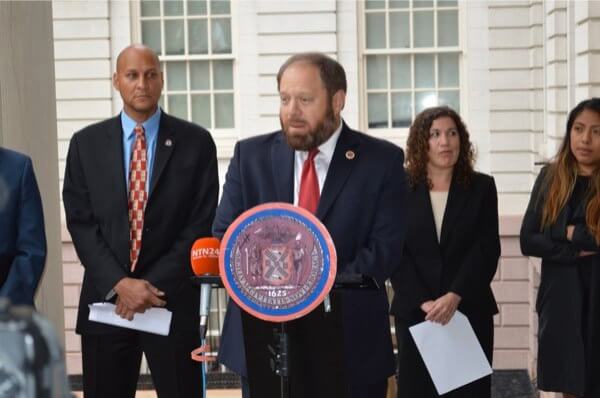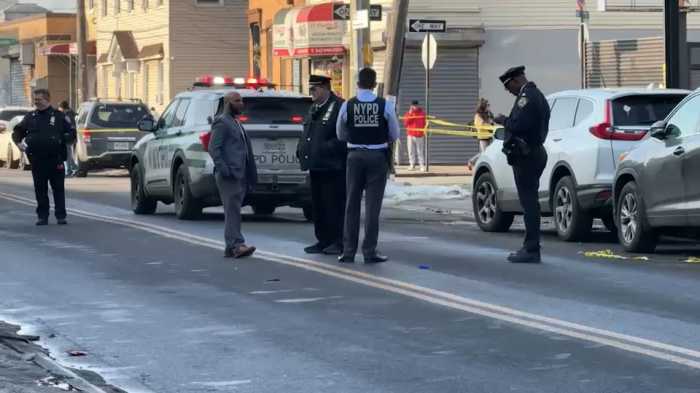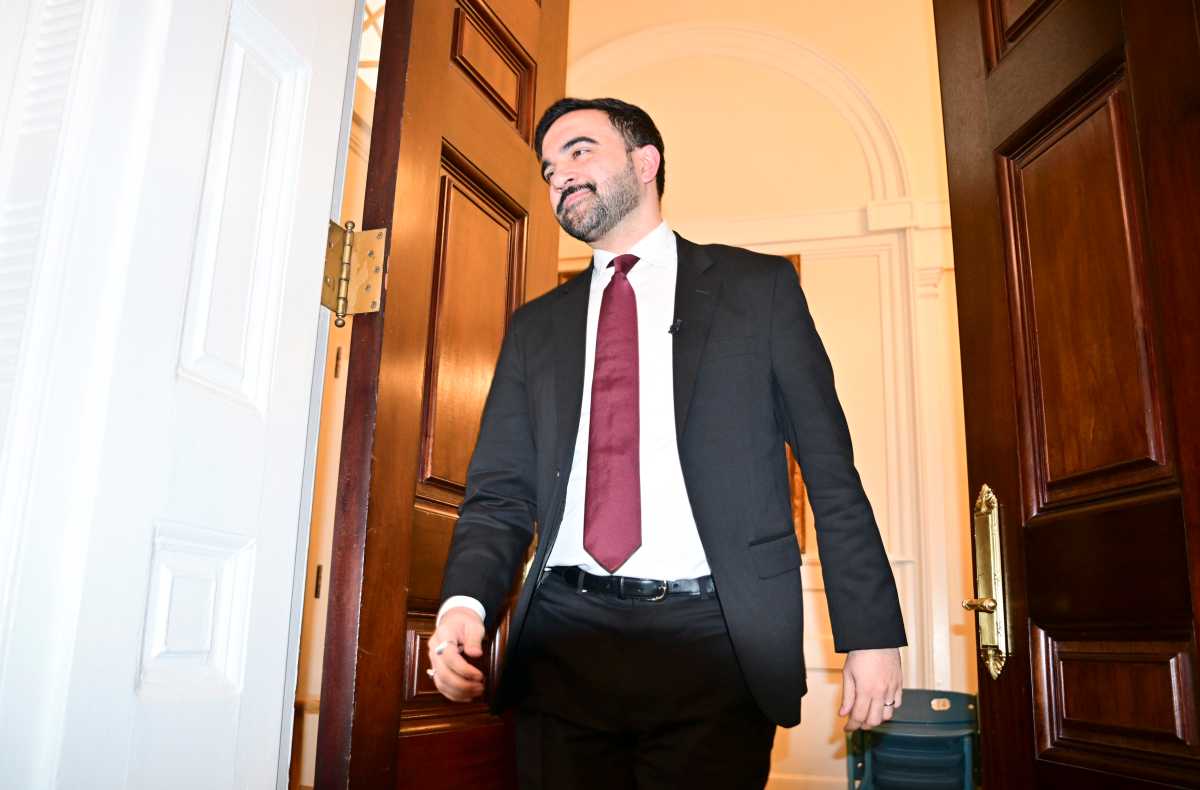By Gina Martinez
City Councilman Rory Lancman (D-Flushing), joined by labor unions and representatives from legal service providers, held a news conference on the steps of City Hall last week urging the City Council to increase funding in next year’s budget to expand legal services for New York City’s low-income workers.
The media event took place prior to a Committee on Courts & Legal Services hearing examining workplace violations, and according to Lancman, the committee’s chairman, employment law and workplace rights violations are a huge problem that specifically threaten low-wage workers.
“Too many low-wage workers in New York City are not compensated fairly for the hours they have worked and their families struggle to make ends meet as a result,” he said. “Increased enforcement will benefit our community’s most vulnerable, those living paycheck to paycheck who can’t afford to make waves or challenge the boss, as well as boost our city’s economy and prevent principled businesses from being put at a competitive disadvantage for following the law.”
According to Lancman, workplace violations come in different forms, including failure to pay overtime or minimum wage, forcing employees to work off the clock, taking illegal pay deductions, and retaliation for making a complaint or joining a union.
Some industries take advantage of low-wage workers with a tactic called “misclassification,” where employers label workers as “contractors” instead of “employees” in order to deny workers the rights and benefits they are legally entitled to as a full-time employee, Lancman said.
The denial of salary or benefits to workers makes it more difficult for families to afford basic necessities and worsens the income inequality gap in New York City, Lancman said. A 2010 study by the National Employment Law Project estimated that more than 317,000 workers in New York City suffer at least one pay-based labor or employment law violation per week, which translates into an annual loss of more than $1 billion for low-wage New Yorkers.
In the last fiscal year, the City Council allocated more than $110 million towards civil legal services, but according to Lancman, only a small percentage of funded cases were employment-related. He said government-funded civil legal services are especially important because low-wage workers can rarely afford to pay private attorneys upfront and the money rewarded from a case is oftentimes less than the actual cost to bring the case forward.
Elizabeth Joynes Jordan, supervising Attorney at Make the Road New York, animmigrant advocacy group, urged the City Council to significantly expand support for legal services for low-wage workers.
“At this critical moment when immigrant communities are increasingly preyed upon by employers taking advantage of heightened vulnerability, “ she said. “the demand for legal representation far outweighs the services available.”
Reach Gina Martinez by e-mail at gmart


































